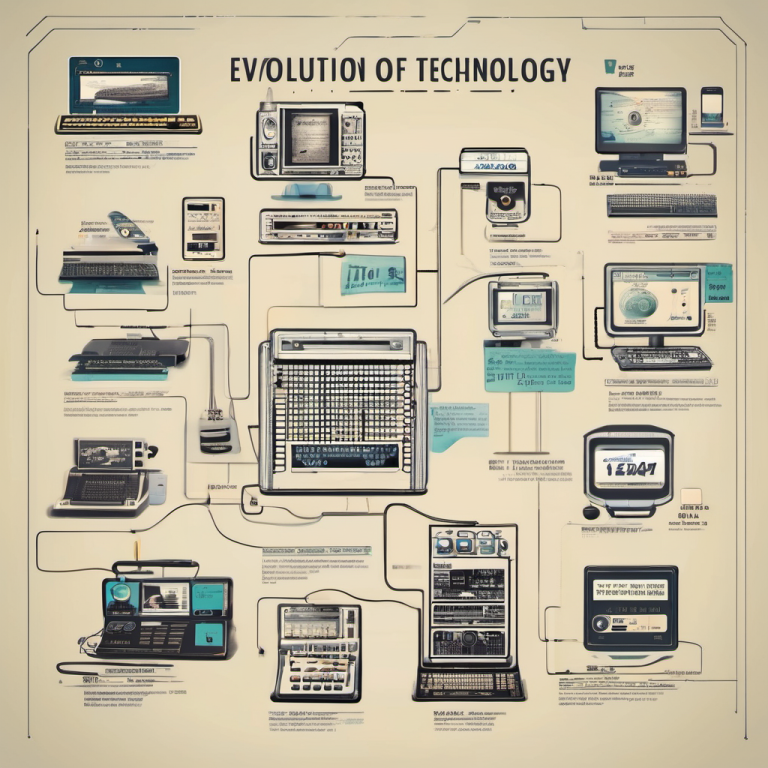Evolution in Technology since 2023-1954
From 2023-1954, the technological landscape has dramatically transformed. In the 1950s, computers were massive and limited in functionality. Fast forward to 2023, we now have powerful smartphones, AI-driven devices, and advanced robotics. The progress in technology has revolutionized communication, transportation, and daily living.
Cultural Shifts Over the Decades
The cultural shifts between 2023-1954 are significant. The 1950s were marked by post-war optimism and a booming economy. Family values and traditional roles dominated society. In contrast, 2023 showcases a diverse and inclusive world. Social media and global connectivity have shaped new cultural norms, breaking down geographical barriers and fostering global communities.
Political Changes and Their Impact
Political landscapes have also seen tremendous changes. In 1954, the world was entrenched in the Cold War, with a focus on nuclear arms and ideological conflicts. By 2023, the political arena has shifted to emphasize climate change, cyber security, and international cooperation. These changes have redefined global priorities and alliances.
Advancements in Science and Medicine
Scientific and medical advancements from 2023-1954 have extended life expectancy and improved quality of life. In the mid-20th century, antibiotics were a breakthrough. Today, we are on the cusp of personalized medicine, genetic therapies, and advanced diagnostics. These innovations promise a healthier future for humanity.
Environmental Awareness and Actions
Environmental awareness has grown significantly. In 1954, industrial growth often overlooked environmental consequences. However, by 2023, there is a heightened focus on sustainability. Governments, corporations, and individuals are increasingly committed to reducing carbon footprints, preserving natural resources, and combating climate change.
Educational Transformation
Education has undergone a profound transformation. In 1954, education was often limited to traditional classroom settings. Today, digital platforms and online learning have made education accessible to millions worldwide. Innovative teaching methods and technology integration have revolutionized the way we learn and acquire knowledge.
Economic Growth and Globalization
Economic landscapes have seen extensive growth and change from 2023-1954. The mid-20th century economy was characterized by post-war industrialization and the rise of consumer culture. By 2023, globalization has interconnected economies worldwide. Trade agreements, multinational corporations, and digital currencies now play crucial roles in shaping economic policies and practices.
The Rise of Digital Media since 2023-1954
The shift from traditional media to digital platforms marks another significant change. In 1954, television and radio were the primary sources of entertainment and news. Today, streaming services, social media, and online news outlets dominate. This transition has changed how we consume content, stay informed, and interact with the world.
Transportation Innovations
Transportation has also evolved dramatically. In 1954, cars, trains, and planes were the primary modes of transportation. Innovations in the automotive industry, such as electric vehicles and autonomous driving technology, have transformed travel by 2023. Additionally, advancements in aviation and the emergence of space travel companies like SpaceX have expanded our horizons.
Workplace Dynamics
The workplace has undergone significant changes. In the 1950s, the traditional office environment was the norm. The advent of the internet and telecommunication technologies has introduced remote work and flexible job arrangements. By 2023, the gig economy and hybrid work models are prevalent, offering greater flexibility and work-life balance.
Fashion and Lifestyle Trends
Fashion and lifestyle trends reflect broader societal changes. The 1950s were characterized by conservative styles and defined gender roles. Over the decades, fashion has become more diverse and inclusive. By 2023, sustainable fashion, gender-neutral clothing, and cultural influences are prominent in the fashion industry, mirroring broader social progress.
Entertainment and Leisure Activities
Entertainment and leisure activities have transformed significantly. In 1954, people enjoyed simple pastimes like cinema, sports, and social gatherings. By 2023, virtual reality, esports, and interactive media provide immersive entertainment experiences. This evolution demonstrates the impact of technological advancements on how we relax and enjoy our free time.
Changing Family Dynamics
Family dynamics have also evolved. The traditional nuclear family model of the 1950s has diversified. In 2023, families come in various forms, including single-parent households, blended families, and same-sex couples. This diversity reflects broader societal acceptance and legal recognition of different family structures.
Health and Wellness Trends
Health and wellness have become focal points in modern society. In 1954, medical knowledge and health practices were relatively basic. Today, holistic approaches to health, including mental wellness, nutrition, and fitness, are widely embraced. The integration of technology in health monitoring and telemedicine has also enhanced healthcare access and management.
Looking Ahead: Future Prospects
As we look to the future beyond 2023, the potential for continued progress is immense. Emerging technologies like artificial intelligence, quantum computing, and biotechnology promise to further revolutionize our world. The ongoing commitment to sustainability, social equity, and innovation will shape a future that builds on the advancements of the past.
Conclusion: Reflecting on the Journey
The journey from 2023-1954 highlights the remarkable progress humanity has made. Each decade brought new challenges and opportunities, shaping the world we live in today. As we look forward to the future, it’s crucial to continue embracing change and innovation, ensuring a better tomorrow for generations to come.


1 Comment
Pingback: What is Kingymab in Health Sector - Urban Vibe Mag